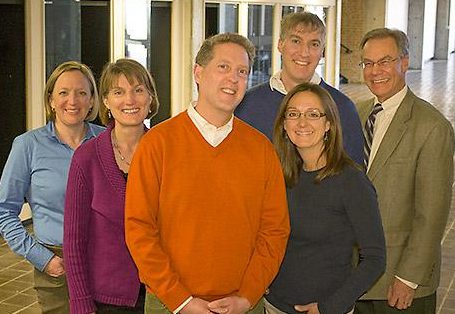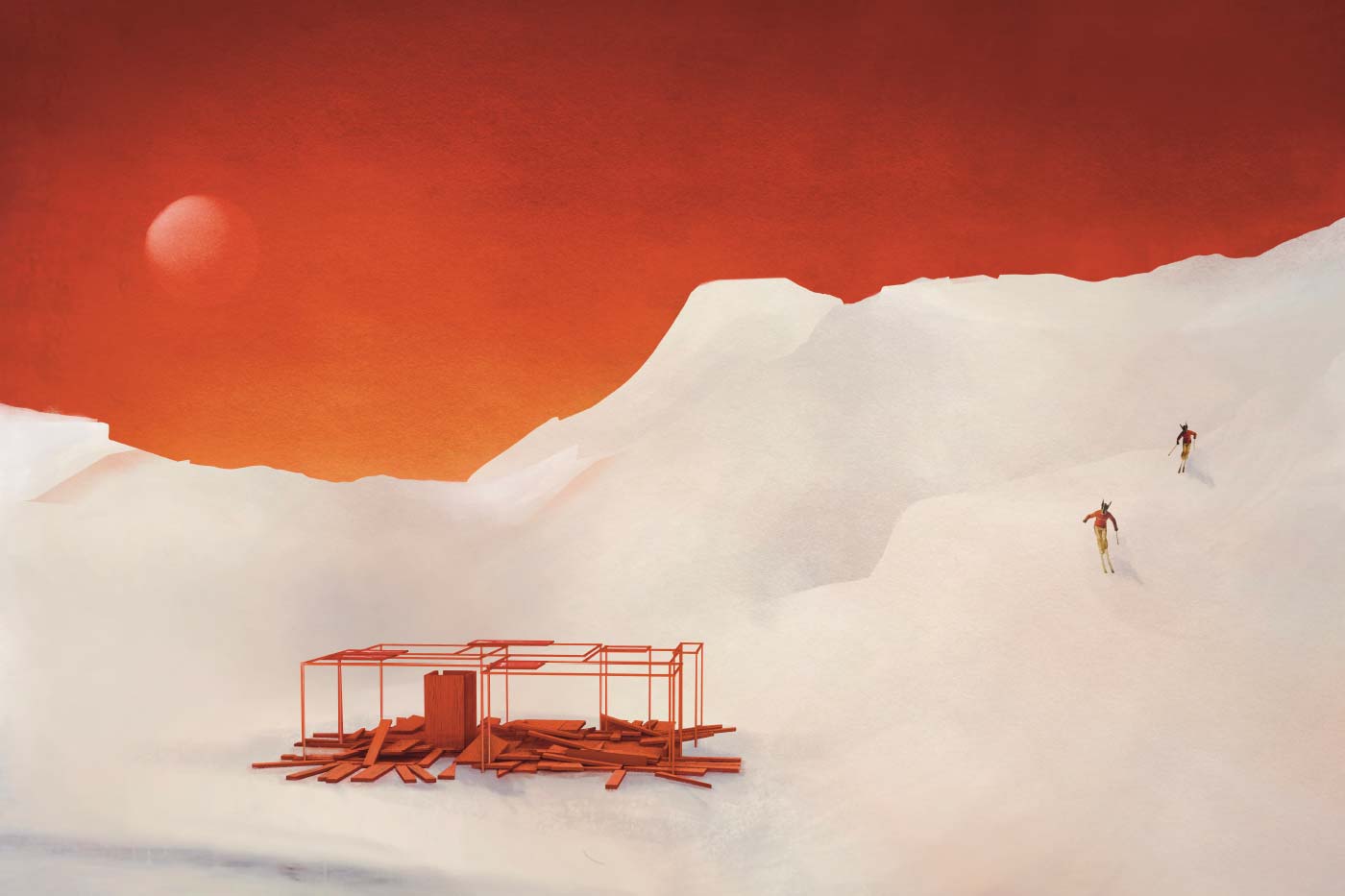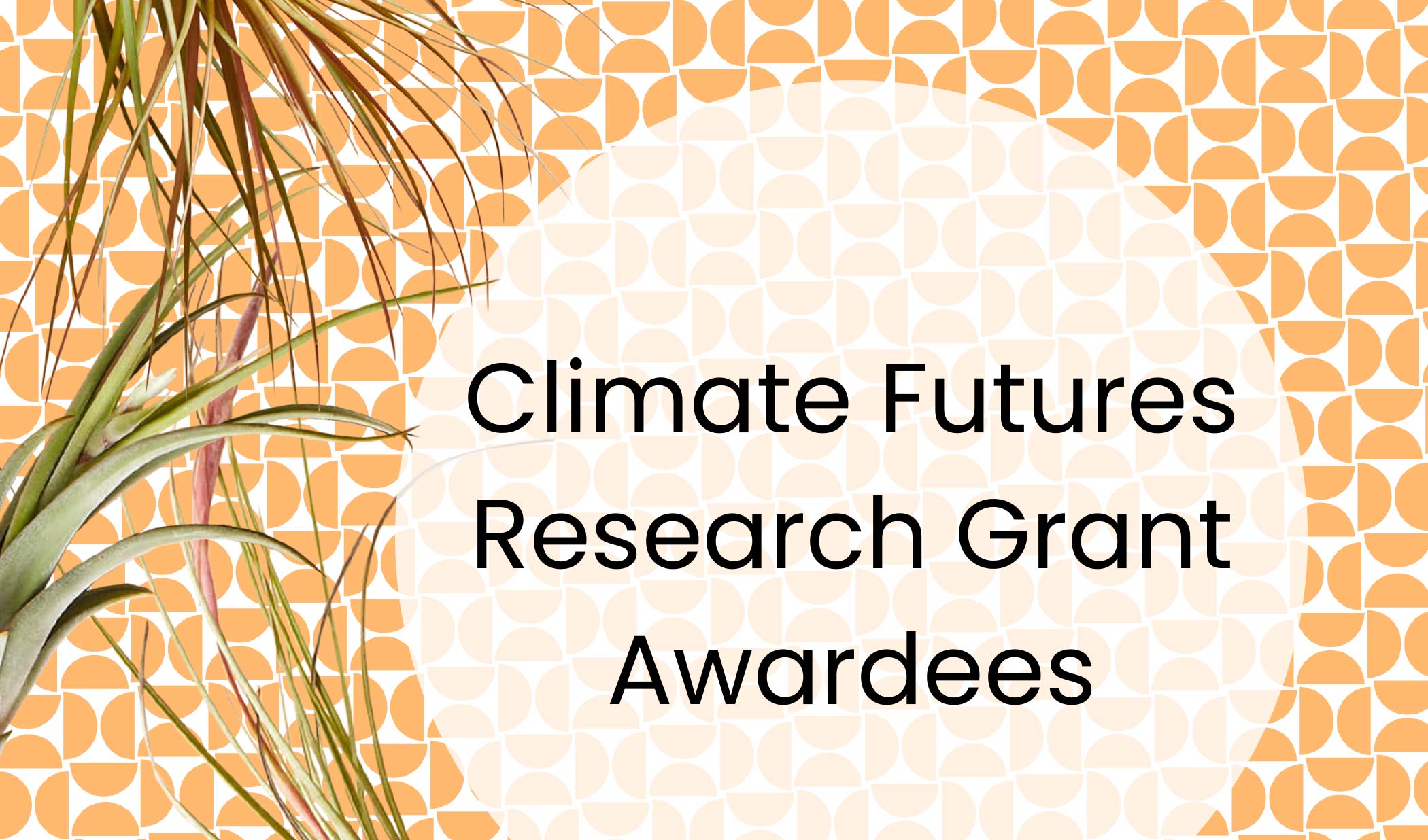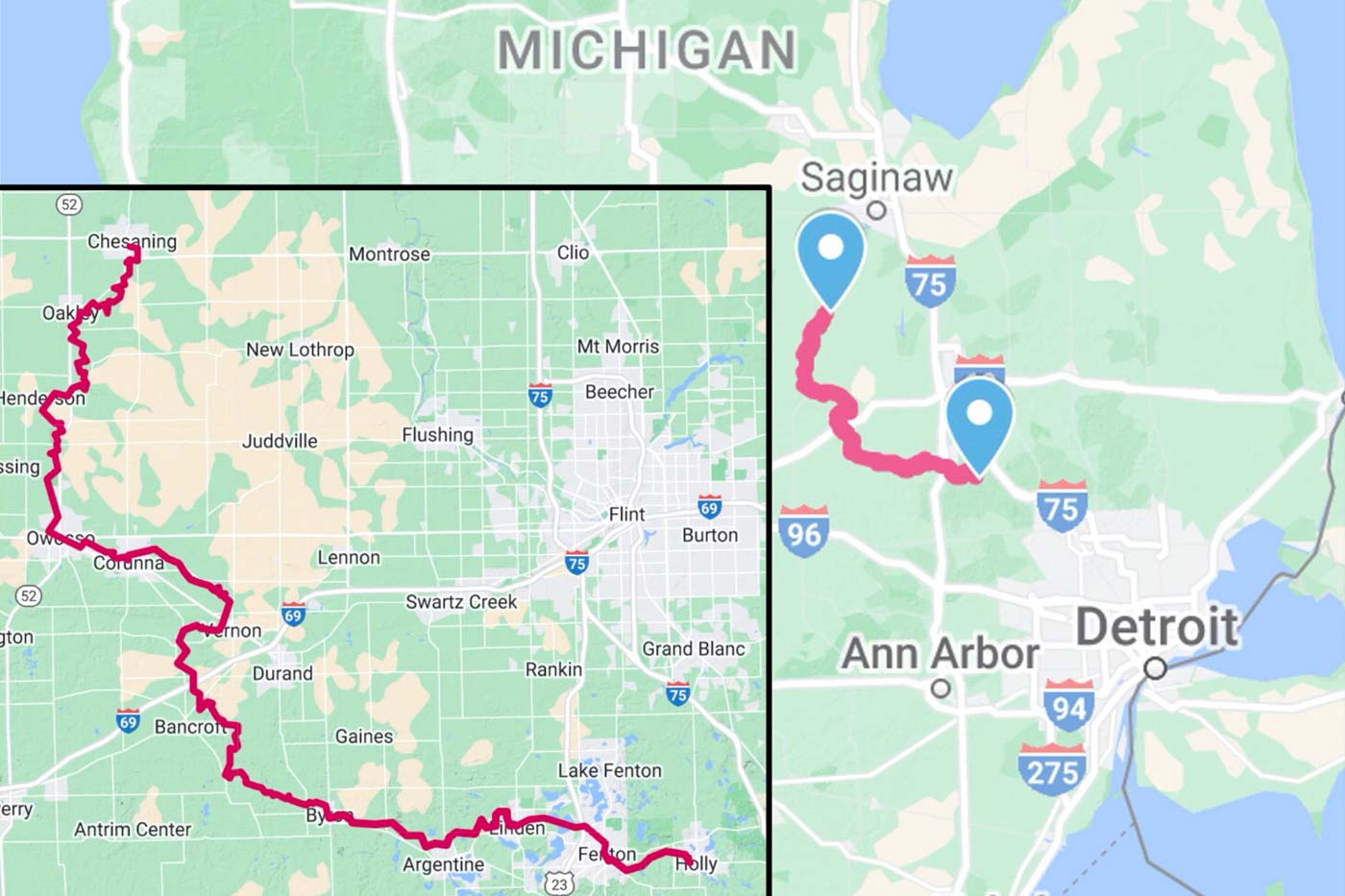
Michigan Engaging Community through the Classroom honored for innovative teaching methods
Michigan Engaging Community through the Classroom honored for innovative teaching methods
Five University of Michigan faculty projects that demonstrate fresh approaches to advancing student learning will be recognized May 4 as winners of the seventh annual Provost’s Teaching Innovation Prize.
The Urban and Regional Planning programs, “Michigan Engaging Community through the Classroom” (MECC) was one of those projects selected from 57 which nominated by students, staff and faculty peers.
Students who are part of MECC have to learn the culture and craft of their own discipline. And particularly in today’s increasingly pluralistic and specialized world, they also must recognize, value and work with the cultures and crafts of allied professions. The MECC initiative conveys this multidisciplinary perspective through engaged-learning settings, where students work with real-world clients to address problems.
Contributors to the Michigan Engaging Community Through the Classroom project are, from left, Gail Hohner, managing director, College of Engineering; Patricia Koman, senior program manager, School of Public Health; Richard Norton, associate professor of urban planning, Taubman College of Architecture and Urban Planning, and associate professor of Program in the Environment, LSA; Paul Fontaine, program manager, Taubman College; Elisabeth Gerber professor of political science, LSA; and Jim Kosteva, director of community relations, Office of Government Relations
The winning projects will receive $5,000. The award is sponsored by the Office of the Provost, the Center for Research on Learning and Teaching, and the U-M Library.
For complete information on the Provost’s Teaching Innovation Prize visit the Record news article: http://record.umich.edu/articles/five-faculty-projects-honored-innovative-teaching-methods-0
For more information on MECC, visit: http://taubmancollege.umich.edu/urbanplanning/faculty-research/michigan-engaging-community-through-classroom









